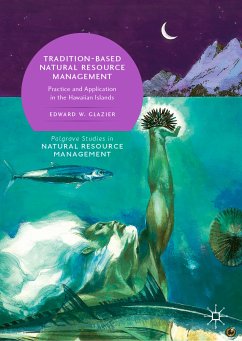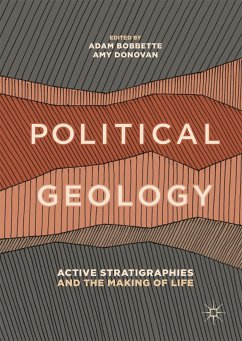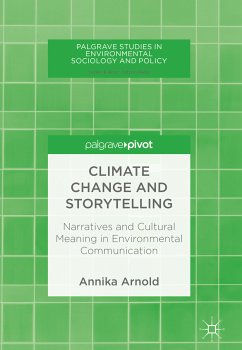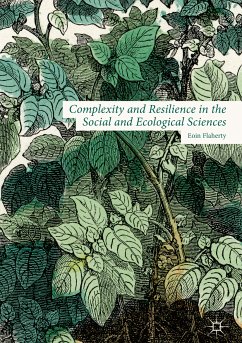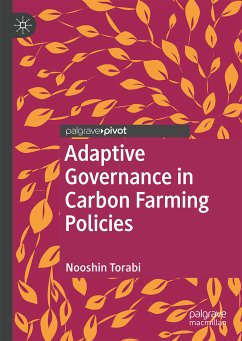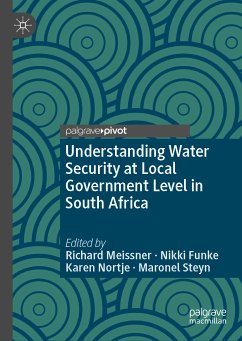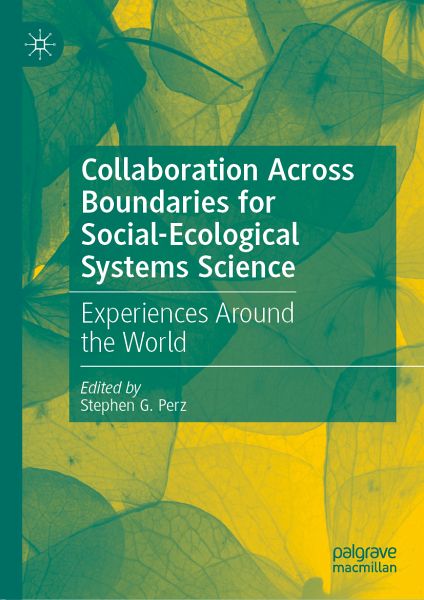
Collaboration Across Boundaries for Social-Ecological Systems Science (eBook, PDF)
Experiences Around the World
Redaktion: Perz, Stephen G.

PAYBACK Punkte
44 °P sammeln!
Collaboration across boundaries is widely recognized as a vital requisite for the advancement of innovative science to address problems such as environmental degradation and global change. This book takes collaboration across boundaries seriously by focusing on the many challenges and practices involved in team science when spanning disciplinary, organizational, national and other divides. The authors draw on a shared framework for managing the challenges of collaboration across boundaries as applied to the science of understanding complex social-ecological systems. Teams working across bounda...
Collaboration across boundaries is widely recognized as a vital requisite for the advancement of innovative science to address problems such as environmental degradation and global change. This book takes collaboration across boundaries seriously by focusing on the many challenges and practices involved in team science when spanning disciplinary, organizational, national and other divides. The authors draw on a shared framework for managing the challenges of collaboration across boundaries as applied to the science of understanding complex social-ecological systems.
Teams working across boundaries on diverse social-ecological systems in countries around the world report their challenges and share their practices, outcomes and lessons learned. From these diverse experiences arise many commonalities and also some important differences. These provide the basis for a set of recommendations to any collaborators intending to use science as a tool to betterunderstand social-ecological systems and to improve their management and governance.
Dieser Download kann aus rechtlichen Gründen nur mit Rechnungsadresse in A, B, BG, CY, CZ, D, DK, EW, E, FIN, F, GR, HR, H, IRL, I, LT, L, LR, M, NL, PL, P, R, S, SLO, SK ausgeliefert werden.
Alle Preise in Euro und inkl. der gesetzl. MwSt. | Innerhalb Deutschlands liefern wir preisgebundene Bücher versandkostenfrei. Weitere Informationen: bitte hier klicken
Support
Bitte wähle dein Anliegen aus:
Rechnungen
Bestellstatus
Retourenschein
Storno



